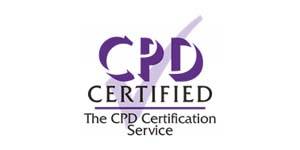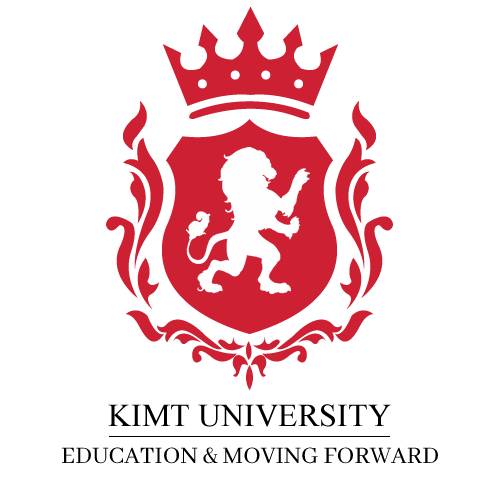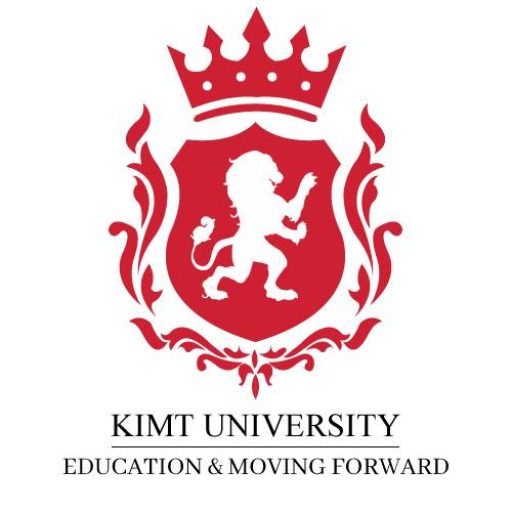
Entry Requirements
Bachelor or equivalent
Study Mode
Online
Duration
1 year (Regular)/6 months (Fast track)
Timetable
Various
Key Features & Benefits
- Comprehensive Curriculum:Covers advanced topics in sustainable economics, environmental policy, green finance, and circular economy.
- Global Standards:Aligned with international standards and best practices in computing and data analysis.
- Practical Application:Emphasizes real-world projects, case studies, and simulations to enhance practical skills.
- Research-Oriented Approach:Includes a 12-credit thesis project to develop advanced research and analytical skills.
- Industry-Relevant Focus:Prepares students for leadership roles in data science, business analytics, and software development.
- Flexible Learning:100% online format designed for working professionals.
The Master of Science in Sustainable Economics (MSc in Sustainable Economics) program, conducted and awarded by KIMT University, is designed to equip students with advanced knowledge and skills in the principles and practices of sustainable economic development. The program emphasizes the integration of economic theory, environmental sustainability, and social equity to address global challenges such as climate change, resource depletion, and inequality. Students will develop competencies in sustainable policy design, green finance, circular economy, and impact assessment to drive sustainable economic growth and development.
Graduates of the MSc in Sustainable Economics program will be prepared for leadership roles in sustainable development, environmental policy, green finance, and corporate sustainability in both public and private sectors.
Upon successful completion of the program, graduates will be able to:
- Analyze and evaluate economic policies for sustainability and environmental impact.
- Design and implement sustainable economic models and strategies.
- Utilize green finance and investment tools to support sustainable development.
- Conduct impact assessments to measure the sustainability of economic activities.
- Develop and advocate for policies that promote social equity and environmental justice.
- Communicate sustainable economic solutions effectively to diverse stakeholders.
- Conduct independent research to address global sustainability challenges.
- Applicants must hold a bachelor’s degree in economics, environmental science, business administration, or a related field.
- Relevant professional experience in economics, sustainability, or a related area (preferred but not mandatory).
- Applicants with a Postgraduate Diploma or equivalent (Level 7 at RQF Level) in a related field may be considered for advanced standing under the Recognition of Prior Learning (RPL) policy. Such applicants must have completed a minimum of 60 credits at an advanced level and provide supporting documentation.
The MSc in Sustainable Economics program consists of 90 credits, divided into core courses and a thesis. Each course is worth 6 credits, while the thesis accounts for 12 credits. The course structure is as follows:
Summary of Courses
- Core Courses: 13 courses (78 credits)
- Capstone Thesis: 1 project (12 credits)
What you will Study
- Principles of Sustainable Economics
- Environmental Economics and Policy
- Green Finance and Sustainable Investment
- Circular Economy and Resource Management
- Climate Change Economics and Policy
- Sustainable Development Goals (SDGs) and Indicators
- Impact Assessment and Sustainability Metrics
- Social Equity and Environmental Justice
- Sustainable Urban and Regional Development
- Corporate Sustainability and Responsibility
- Behavioral Economics and Sustainable Consumption
- Research Methods in Sustainable Economics
- Global Trends in Sustainable Economics
- Thesis Research Project
- Dedicate approximately 15-20 hours per week to coursework, including readings, assignments, and discussions.
- Actively participate in online forums, webinars, and collaborative projects.
- Complete all assignments, exams, and the capstone project within the stipulated deadlines.
- Maintain regular communication with faculty and peers to enhance learning outcomes.
- Exhibit strong self-discipline and time-management skills to balance studies with other commitments.
- 90% Assignments
- 10% Presentation and viva
- At the end of the program each student also submits a research project paper
All of the following items must be submitted on or before the application closing date. They may be submitted online.
- CV (maximum 2 pages).
- Passport size photograph
- A personal statement of approximately 350 – 400 words. The statement should focus on the applicant’s interest in sustainable economics, how the program will impact their career, and how they plan to balance work, life, and study commitments.
- Copies of bachelor certificate (or equivalent) or post-graduate certificate diploma or degree parchments, as well as transcripts of associated results.
Students apply to the KIMT online application system. To apply, simply click on and follow the instructions. A non-refundable application fee applies. The application fee is paid online. Further information about applications, contact at admissions@kimtuniversity.com
Request a Follow-Up
Career Opportunities
Graduates of this program will be prepared for leadership roles in areas such as:
- Sustainable Development and Policy (Sustainability Consultant, Policy Analyst)
- Environmental Economics (Environmental Economist, Climate Policy Advisor)
- Green Finance and Investment (Green Finance Analyst, Sustainable Investment Manager)
- Corporate Sustainability (Sustainability Manager, Corporate Social Responsibility Officer)
- Urban and Regional Planning (Urban Planner, Regional Development Specialist)
- Research and Academia (Sustainable Economics Researcher, University Lecturer)
- International Organizations (Sustainability Officer, Program Manager in NGOs and IGOs)
The Master of Science in Sustainable Economics (MSc in Sustainable Economics) program at KIMT University is designed to meet the highest academic and industry standards, preparing graduates to lead sustainable economic initiatives, advocate for environmental and social equity, and drive sustainable development in a rapidly changing world.
The program is accredited by



